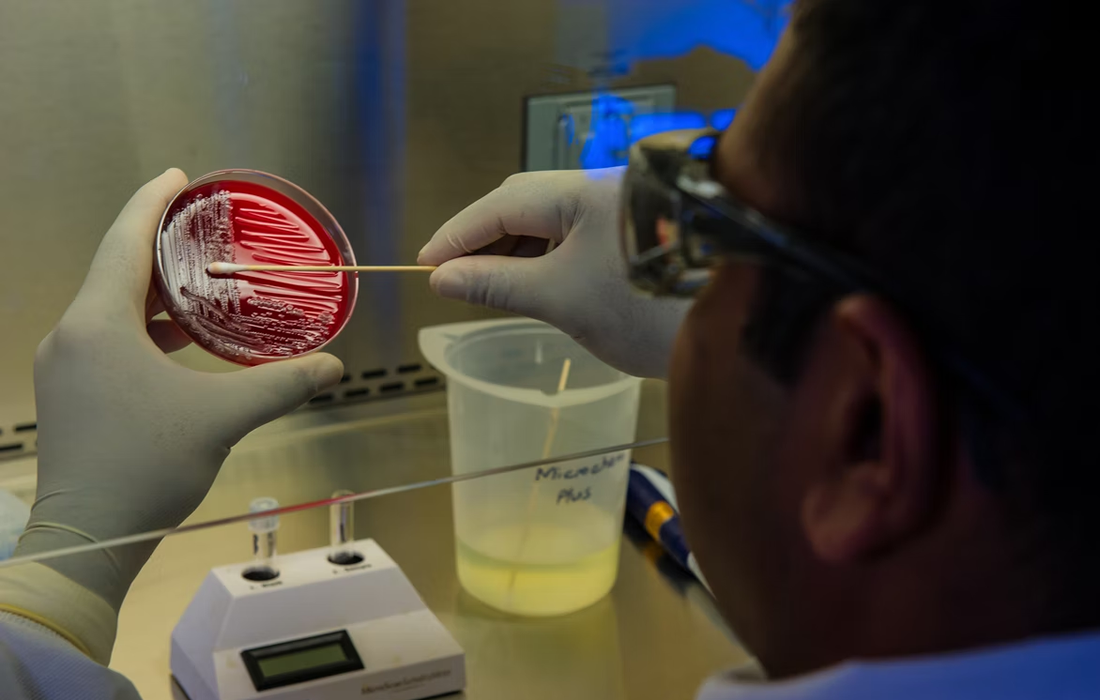Nearly a third of the population in the westernized world has allergies. Some influencing factors are still under debate, such as decreased microbial exposure, personal predisposition, and/or intrinsic features of allergens considered to be relevant. Studies have shown that the whey protein β-lactoglobulin (BLG), which is known to be a major allergen in cow’s milk, […]
Author Archives: Francisco Fernandez, MD
Millions wake up to a morning coffee. Drinking coffee is associated with many aspects of culture and social interactions, but does it have health benefits? According to recent studies there are multiple health benefits to this practice and you should continue to enjoy your morning coffee. A recently published study found that moderate consumption of […]
Type 1 diabetes, once known as juvenile diabetes or insulin-dependent diabetes, is a chronic condition in which the pancreas produces little or no insulin. Insulin is a hormone needed to allow sugar (glucose) to enter cells to produce energy. There are many known factors that can increase the risk of developing type 1 diabetes, among […]
Patients with schizophrenia are symptomatically and genetically heterogeneous, and it is assumed that there are various underlying pathological mechanisms. However, there are no biomarkers for these heterogeneous subgroups, and elucidation of pathological mechanisms underlying treatment resistance in patients and/or symptoms is insufficient. Genetic analysis has revealed risk genes related to the synapse, chromatin modification, and […]
Osteoarthritis (OA) is a heterogeneous, progressive, complex joint disease that develops as a result of impaired joint cartilage integrity, leads to clinical and radiological findings, and causes changes in bone and joint. It is the most common joint disease globally and the most common cause of pain and loss of function in adults in Western […]
There are different factors that contribute to the health of the brain, including the diet and gut microbiome with the gut-brain axis. A lack of variability in the diet and good dietary choices can have an impact on our mental health. Based on the work of Dr. Uma Naidoo, a nutritional psychiatrist, brain expert and […]
Strokes are the third most common cause of death in adults in the world, and an important cause of mortality and chronic neurological morbidity in children. Arterial ischemic stroke has emerged as an important cause of neurological disability in children. The reported annual incidence ranges from 1.2 to 8 per 100,000 children and 1 per […]
Wounds to the skin are caused by mechanical, thermal, and chemical trauma. Scars are the normal outcome of wound repair and involve a coordinated inflammatory and fibrotic process. The scars normally remodel and become soft, flat, pale, and unobtrusive. However, in some cases, scars do not resolve and chronic inflammation can cause excessive scarring that […]
A new study has uncovered how genetic changes accumulate slowly in blood stem cells throughout life and how they are likely responsible for the dramatic change in blood production after the age of 70. Age-related change in human hematopoiesis causes reduced regenerative capacity, cytopenias, immune dysfunction, and increased risk of blood cancer. However, the reason […]
There are viruses that can selectively infect and replicate in tumor cells, they are known as oncolytic viruses, and are found in nature or can be genetically engineered. As they replicate, they can disintegrate and kill infected tumor cells, the cells burst and the proteins and antigens released can be recognized by the immune system, […]










